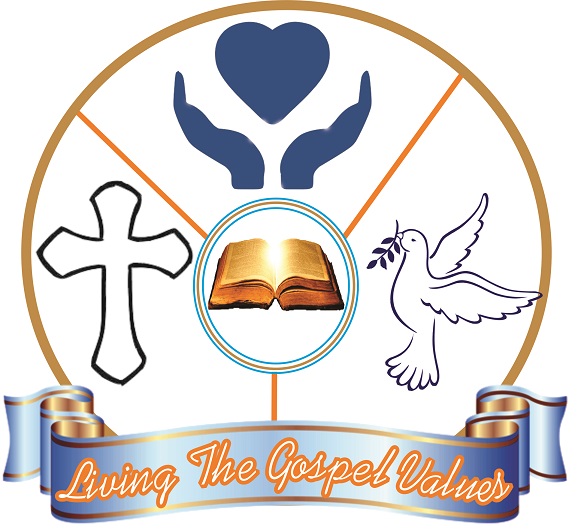Reflection on Today's Readings, Saturday of 2nd Week of Easter, Year B, April 17th, 2021
Texts: Acts 6:1-7; Ps. 33:1-2.4-5.18-19; John 6:16-21
Crisis is part of life; whether we like it or not, crisis happens. The first reading shows a crisis that could arise as a result of human weakness. The people in charge of food were losing commitment to the common interest; they were becoming sectional. The reading shows that an interest in a section of a group, brings crisis and division. It is said, "In these days when the disciples were increasing in number, the Hellenists murmured against the Hebrews because their widows were neglected in the daily distribution." Some of the crises we have today in our country arise from being sectional, tilting towards an ethnic group or tribe.
The reading reveals that every part of a group or organisation deserves fair treatment. The neglect of any part of an organisation causes crisis. Man resents unjust treatment. This tells us that peace is the function of justice. What led to the crisis in the first reading is the loss of justice. Justice is attained when every part of an organisation is treated fairly; when every part is treated equitably. Hence, it is said, "Then justice will inhabit the wilderness, and righteousness will dwell in the fertile field. The work of righteousness will be peace; the service of righteousness will be quiet confidence forever. Then my people will dwell in a peaceful place, in safe and secure places of rest" (Is. 32:16-18). Faithfulness and justice are needed for attainment of peace.
The crisis, in today's gospel reading, has not a human cause but a natural cause. This tells us that we do not battle against human weakness alone but also the excesses of nature. Such cases might manifest in sickness, barrenness, death of loved ones, etc. The apostles faced such crisis in the manifestation of strong wind on the sea. However, God does not leave us at the mercy of nature, he often comes to save us. When we face difficulties that are beyond our power, let us not forget that He is with us, telling us, “It is I; do not be afraid.” The word, 'It is I' is an invitation to trust in Him, in Him who is almighty, in Him who is love, in Him who saves and delivers, in Him who has redeemed us. The word, 'It is I' is a call to remember His deeds; it is a call to be conscious of who He is: the mighty one in battle, our Saviour, the conqueror of death, all-powerful, all-knowing, all-loving, the creator of both visible and invisible things, one who has everything under His control and Lord of all, etc. When we are always conscious of who God is and His presence with us, we will not be afraid. He asked them not to be afraid because He was more than the situation. It is I, I am more than your situation.
Crisis that has human cause is within human capacity to solve. The apostles solved the crisis by asking the people to choose seven persons of good repute and filled with the Holy Spirit. Any crisis that is beyond our capacity is to be left to God to solve. In today's gospel reading, the apostles faced storm on the sea but immediately Jesus Christ stepped in, they found their way. It is said, "When they had rowed about three or four miles, they saw Jesus walking on the sea and drawing near to the boat. They were frightened, but he said to them, 'It is I; do not be afraid.' Then they were glad to take him into the boat, and immediately the boat was at the land to which they were going." With Jesus Christ, they arrived safely.
Another thing about crisis is that it leads to a new thing. In the first reading, the crisis gave birth to new ministry, the ministry of deacons. Crisis is a point of cross over to another side. We should not feel as if we are condemned in time of crisis but seek the face of God in prayer for right approach to the crisis. After prayer, we should allow the will of God to prevail, not our will.
Lord our God, we thank You for You always come to help us in times of crisis, grant that we may always welcome You into our lives. Amen.
Fr. Andrew Olowomuke









0 Comments